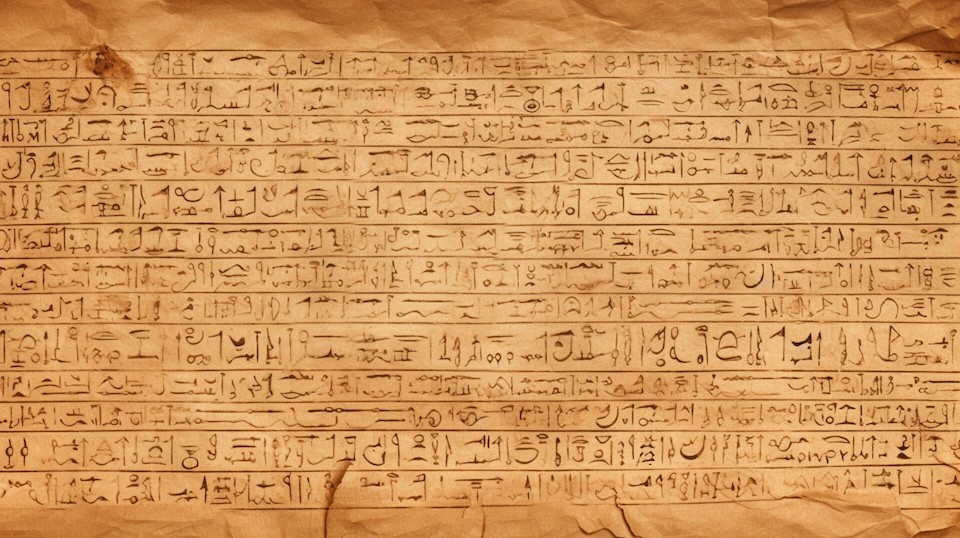![]()
Wait! Before You Go…
Stay connected and get the latest insights in contract management!
Visit our LinkedIn Page to join a community of professionals and stay updated on industry trends, best practices, and expert tips from Contractmanagement.online.
![]()
![]()

Contracts are fundamental to human civilization, enabling structured collaboration, accountability, and progress. Their development over millennia reflects the evolving complexity of societies, economies, and technologies. This article delves into the origins and historical trajectory of contracts, revealing their enduring significance and the pivotal role they play in modern global ecosystems.
Some scholars propose that the very invention of writing was driven by the need to document agreements. Early human societies, transitioning from nomadic lifestyles to agricultural settlements, required systems to formalize exchanges and obligations. Evidence from Mesopotamia, dating back to around 3100 BCE, supports this theory. Clay tablets inscribed with cuneiform script recorded transactions, trade agreements, and promises between parties. These rudimentary contracts were not just about trade but also about establishing trust in growing communities.
The act of writing agreements marked a revolutionary step in human organization. It allowed societies to transcend oral traditions, which were prone to misinterpretation and disputes. Writing provided permanence, clarity, and a means to enforce accountability.
The Roman Empire introduced a sophisticated legal framework that continues to influence contemporary contract law. Roman jurists developed principles such as *pacta sunt servanda* (“agreements must be kept”), which remains a cornerstone of contract law globally. Their legal system categorized contracts into formal and informal agreements, creating a structured approach to obligations and liabilities.
However, while Roman law provided the foundation, the realization of contractual terms still relied heavily on social and legal enforcement mechanisms. Contracts were not just legal documents but instruments of trust and societal cohesion. The Romans recognized that for agreements to hold value, they had to be actionable and enforceable, a principle that resonates in modern contract management practices.
The medieval period saw contracts becoming more diverse and integral to daily life. The Church, a dominant institution of the era, heavily utilized contracts to commission work from craftsmen. These agreements were meticulously detailed, specifying the deliverables, timelines, and penalties for non-compliance. For instance, contracts for constructing cathedrals or creating religious artifacts outlined precise expectations, reflecting an early form of project management.
This period also witnessed the emergence of guilds and trade organizations, which relied on contracts to regulate commerce, apprenticeships, and labor relationships. These agreements fostered economic stability and growth within feudal societies.
The Industrial Revolution transformed economies and societies, ushering in an era of unprecedented specialization and complexity. Supply chains, once localized and simple, expanded into intricate networks spanning regions and nations. Contracts evolved to address this new reality, becoming essential tools for managing relationships between manufacturers, suppliers, and distributors.
Standardized contracts emerged to streamline transactions, reduce disputes, and ensure consistency. However, the growing scale of operations also highlighted the need for effective contract management. Organizations had to ensure that agreements were not only well-drafted but also executed and monitored to achieve desired outcomes.
The digital revolution has further amplified the complexity of business ecosystems. Today, contracts govern interactions within global supply chains, technology partnerships, and cross-border collaborations. Digital tools and platforms have revolutionized contract management, enabling real-time tracking, automated compliance checks, and data analytics.
In this era, contracts are not merely legal documents; they are dynamic instruments that drive organizational strategy and performance. The rise of artificial intelligence and blockchain technology promises to further transform contract management, enhancing transparency, efficiency, and accountability.
As organizations navigate an increasingly interconnected and volatile world, the importance of contracts will only grow. The need to document agreements, define objectives, and enforce accountability remains as critical today as it was in ancient Mesopotamia. However, the role of contract management is evolving. It is no longer just about ensuring compliance; it is about enabling collaboration, fostering innovation, and driving value creation.
In the coming decades, contract management will become a strategic function, integral to achieving organizational goals and navigating complexity. The ability to manage contracts effectively will be a key differentiator for businesses, governments, and institutions.
From the invention of writing to the rise of global business ecosystems, contracts have been a cornerstone of human progress. They embody our collective need to define, agree, and realize shared goals. As we look to the future, the principles of trust, clarity, and accountability that underpin contracts will remain vital, ensuring their relevance and importance in an ever-changing world. Contract management, far from being a static discipline, is poised to drive innovation and resilience in the decades
Have you ever been caught off guard by a contract renewal… that nobody remembered?
Top 10 reasons procurement wants a CLM—and why every function should demand it (with AI’s Game-Changing Role)
Effective contract management is a challenge for virtually all organisations. Whilst larger, more mature enterprises tend to have dedicated procurement teams to handle performance of contracts, this is not the...